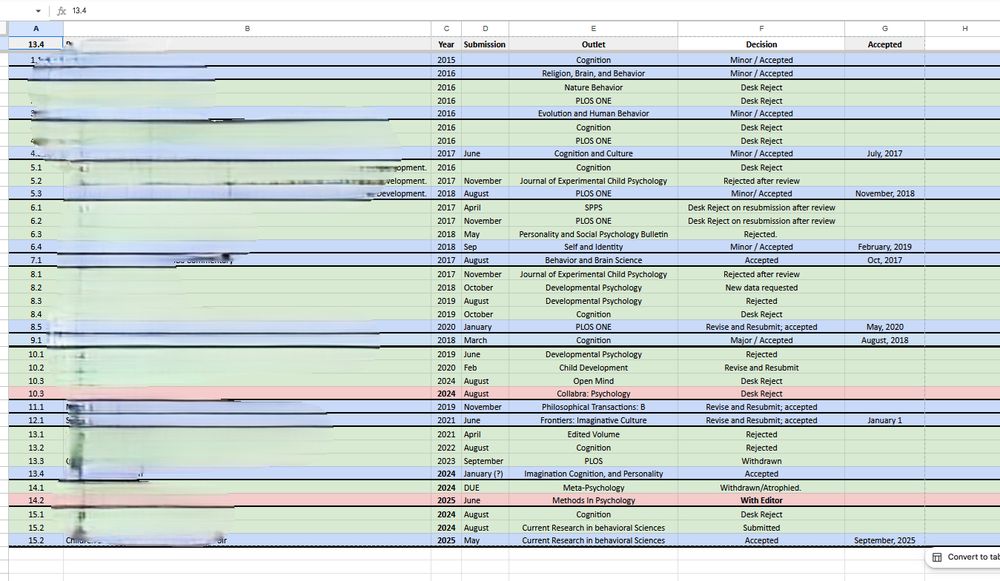Catherine E. De Vries
Reposted by Catherine E. De Vries

by Emmanuel Mourlon‐Druol — Reposted by Catherine E. De Vries
I never ran a 'hidden CV' but always thought, obviously with hindsight because on the spot it just hurts, that rejections had always been very beneficial to me. Hard to hear at the time. But worth anticipating.
by Jane Green — Reposted by Catherine E. De Vries
“Measure risk differently: A project that invites rejection but stretches you is ultimately more valuable than one that succeeds by playing it safe.”
Thanks @catherinedevries.bsky.social
by Anita Gohdes — Reposted by Catherine E. De Vries, Paul Lehmann
by Laia Balcells — Reposted by Catherine E. De Vries
Reposted by Catherine E. De Vries
relationsinternational.com/embracing-ou...
by Anna O. Law — Reposted by Catherine E. De Vries, Anna O. Law
by Cas Mudde — Reposted by Catherine E. De Vries
Even after 35 years, and despite coming from a culture that values criticism (to put it mildly), I still find rejections hard to deal with and take them too personal.

